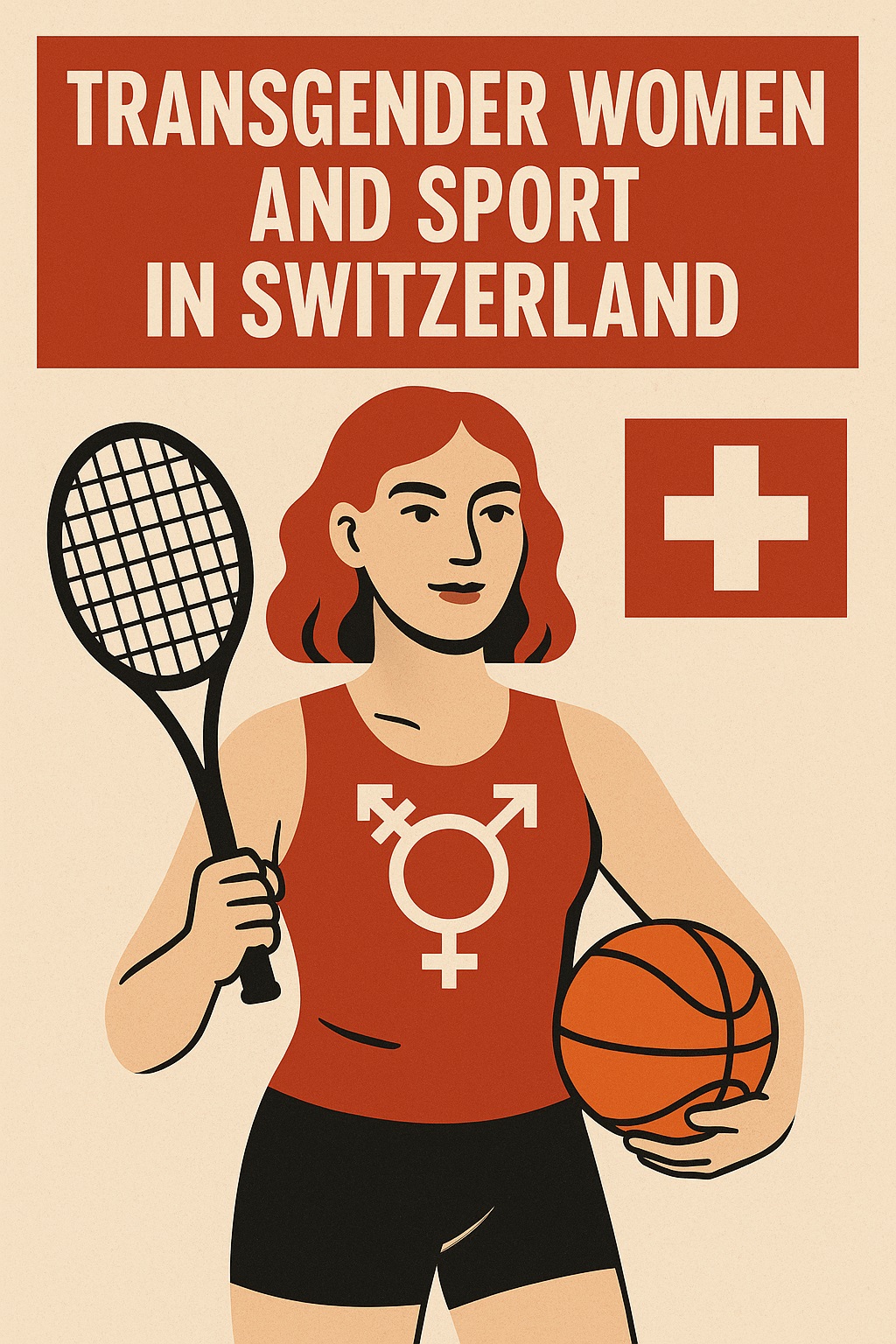TRANSGENDER WOMEN AND SPORT IN SWITZERLAND

The issue of transgender women competing in women’s sporting events is a controversial, ongoing and complex one.
Some sports, like triathlon, allow transgender women to compete in female categories under specific eligibility rules (see below), whilst others, like swimming, have banned transgender women, who have been through male puberty, from competing in women’s races. However, swimming has established an ‘open’ category for transgender athletes.
Triathlon allows transgender women to compete in female categories, but subject to a four-year waiting period for those who have competed as males in any previous sporting competitions.
Furthermore, there are ongoing debates and legal challenges regarding the rights of transgender and intersex athletes to participate in sport.
Transgender swimmer Lia Thomas launched a legal challenge against World Aquatics rules, which was dismissed, on 10 June 2024, by the Court of Arbitration for Sport. See CAS 2023/O/10000 Lia Thomas v. World Aquatics.
As regards athletics, for example, in South Africa, Athletics South Africa follows rules set by World Athletics, requiring transgender and DSD (Differences of Sexual Development) athletes to maintain testosterone levels below a certain threshold to compete in female events. South African Olympic gold medalist middle distance runner, Caster Semenya challenged these rules. She ultimately appealed to the European Court of Human Rights, where, on 11 July 2023, she succeeded in her claim for discrimination. However, she remains barred from competition under the current World Athletics rules, which ban all transgender women, who have gone through male puberty, competing in international female category events.
Likewise, in Switzerland, the rules on transgender women competing in sporting events are complex and evolving.
Swiss Olympic, the National Olympic Committee of Switzerland, has issued the following guiding principles, on 4 December 2023, for its 104 member associations as follows:
- Transgender male athletes have no particular sporting advantage and should be able to compete in male competitions as soon as they express the wish to do so;
- The same applies to transgender athletes before puberty who should be able to compete in male or female competitions depending on which gender the young athletes identify with; and
- The case of transgender women (i.e. athletes assigned to the male sex at birth who feel like women) is more problematic insofar as, as mentioned, certain physical advantages are directly derived from male attributes. It is therefore justified to analyse the situation by distinguishing between performance sport, practised at a high level, i.e. professionally, and so-called „mass“ (amateur) sport.
Performance sport (elite and professional):
- Sports federations should not systematically exclude people on the basis of their gender identity, physical appearance or intersex status;
- Any person who meets the eligibility criteria may compete in accordance with their chosen gender;
- Without scientific evidence, it must be assumed that no one receives unfair advantages solely on the basis of particular physical characteristics, being intersex or being transgender; and
- Restrictions on participation must be based on robust, peer-reviewed scientific evidence.
Mass sport—amateur sports:
In the absence of a clear scientific consensus, the approach must be pragmatic, bearing in mind that in amateur and mass sport in particular, the priority shall be self-determination and the physical and psychological well-being of athletes.
It may be added that Switzerland has also made advances in legal gender recognition, allowing self-identification and thus eliminating medical requirements for legal gender recognition.
As mentioned, transgender women and sport is a complex, controversial and evolving issue.
We advise on transgender legal issues in sport, especially disputes, and further information is available from either Dr Lucien Valloni or Noemi Delli Colli, by emailing them at valloni@valloni.ch and dellicolli@valloni.ch respectively.